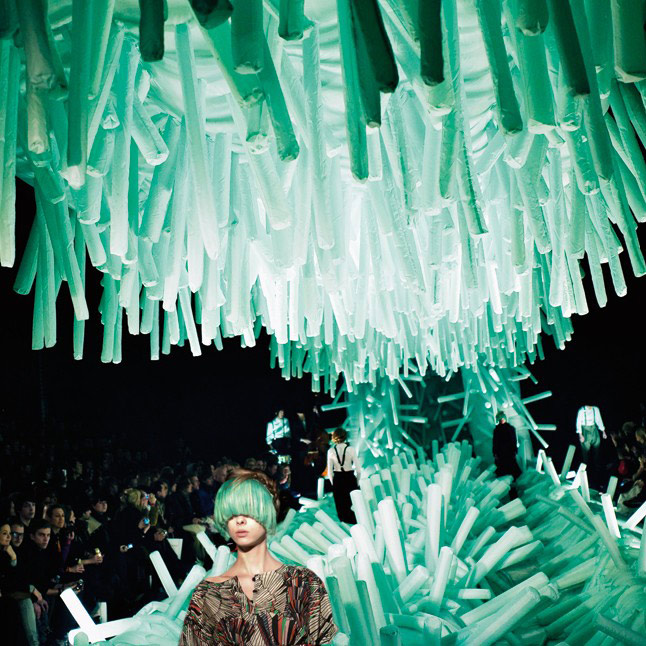The Commentator
Documenting filmmaker Jørgen Leth in a cycling film by Brendt Barbur
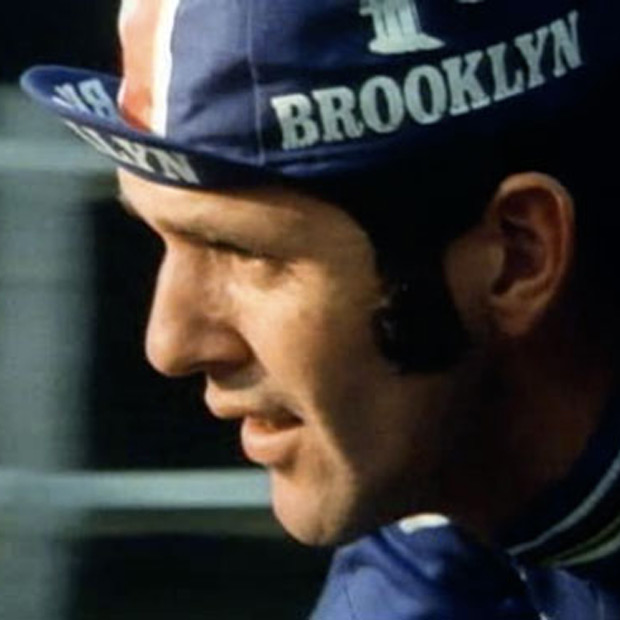
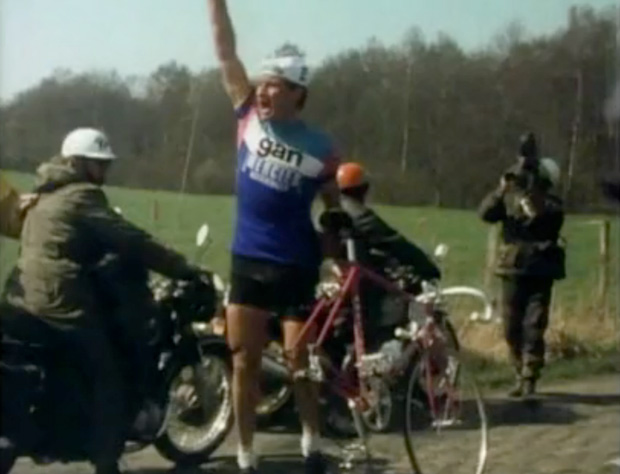
Turning the camera on famed sports documentarian Jørgen Leth, Bicycle Film Festival founder Brendt Barbur embarked on the film project “The Commentator” to trace the backstory to his groundbreaking 1976 film “A Sunday in Hell“. Barbur follows Leth through the grueling course at the Paris-Roubaix cycling race, along with several crews led by revered director Albert Maysles—whom Barbur calls the greatest living cinematographer—surf-world documentarian Patrick Trefz, photographer and artist Brian Vernor and photographer Stefan Ruiz. The Commentator lives as a Kickstarter campaign, so you can help make it happen by donating—$3,000 will get you a private dinner for six with the Barbur, Maysles, the film crew and Blonde Redhead (who created the film’s score), among others.
We caught up with Barbur to discuss the project—which will shoot on race day, 8 April 2012—his relationship with cycling greats and subtlety in filmmaking.
How did this all get started?
The first year of the Bicycle Film Festival, we played “A Sunday in Hell”, which was a very old print and all ripped up. We had a sold-out show, people couldn’t get in and I was really excited. Jorgen called me and thanked me for screening his film. He’s a man who shares three passions with me: movies, art and bicycles.
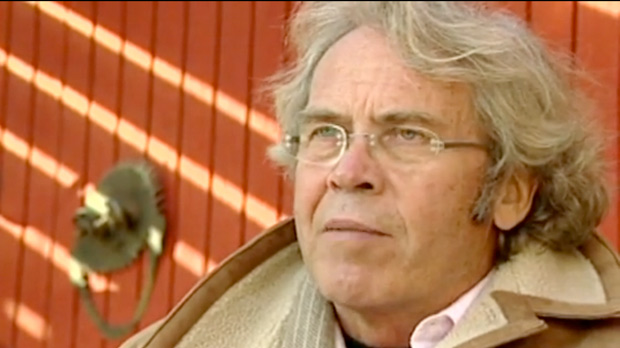
What do see as Jørgen Leth’s contribution to sports documentaries and film in general?
I interviewed Jørgen in 2003 at Sundance, and he said that cycling “deserved better than lousy sports journalism…It deserved to be sung about.” I think that “A Sunday in Hell” sings about it. They had about 30 cameras—this is 1976, mind you—and they didn’t talk just about who’s going to win. They went and showed you the subtleties of things.
There’s a really great scene in “A Sunday in Hell” where Eddie Merckx—he’s probably the greatest cyclist ever—gets off his bike and asks one of the rival team car mechanics if he could have a tool to fix his saddle. He sits there right next to the car, adjusting his saddle really slowly as he’s casually chatting with them. All those subtle things Jørgen has a knack for finding. He has a kind of “listening” camera.
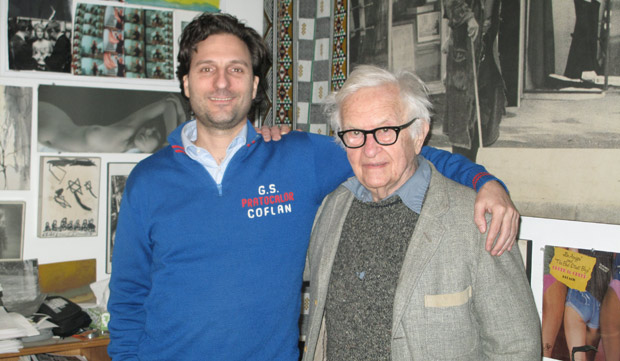
Albert Maysles is a major name in film. Tell us a bit about his involvement.
Albert Maysles is the spiritual leader of this project, and maybe documentary film and film in general. The other night we had a dinner here, and Albert held court for a little bit and said the reason he makes films is to make friends. This is the director of Gimme Shelter, Grey Gardens—some of the most iconic documentary films ever made. When we shoot The Commentator he’s going to be following Jørgen along with our producer and a camera assist.
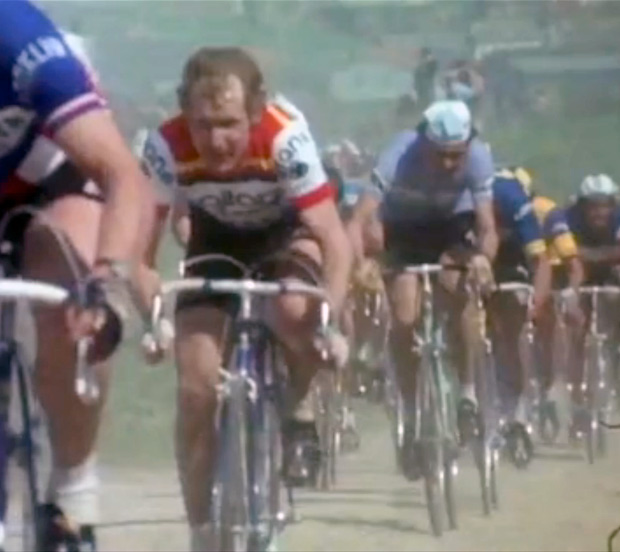
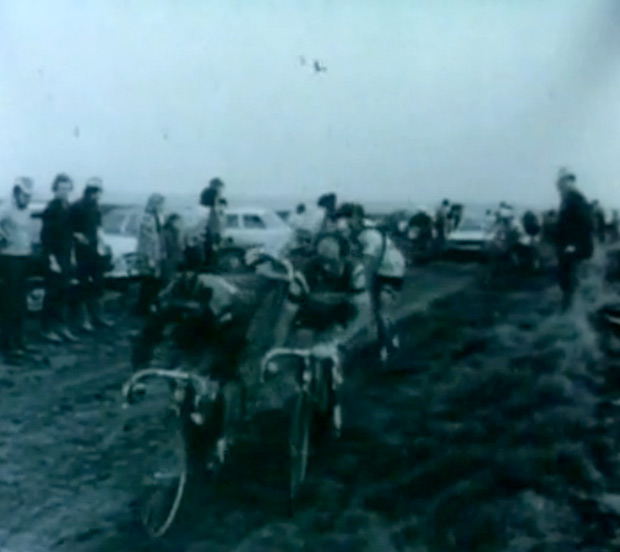
What will you be looking for at Paris-Roubaix?
I don’t even want to just get the race. If we don’t get the race at all, I’m okay. I want to get the bar—there are bars full of people watching it, and they’re drinking Belgian beer, and they have their flags. There’s a whole scene for miles and miles of people. There’s a big forest, there’s this cafe. The motorcycle riders are taking these back roads, and they’re going 100mph on the side roads to get ahead of the race and capture it with still photography.
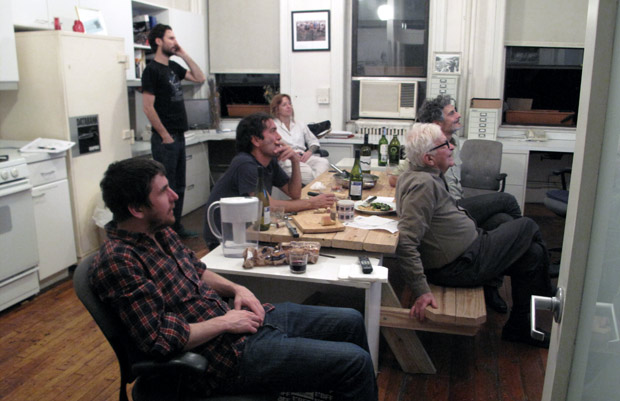
What’s it like to work with these big names?
It’s an honor of mine to direct this film—in fact it’s a little bit nerve-wracking. But it’s not because everyone’s so into this project. We’re all doing this out of passion for the project itself. An Oscar-nominated filmmaker emailed me and asked if they could meet up with us and shoot with us. It’s kind of like the spirit of the Bicycle Film Festival. People just want to make it happen.
Watch the video to find out more about the project.


